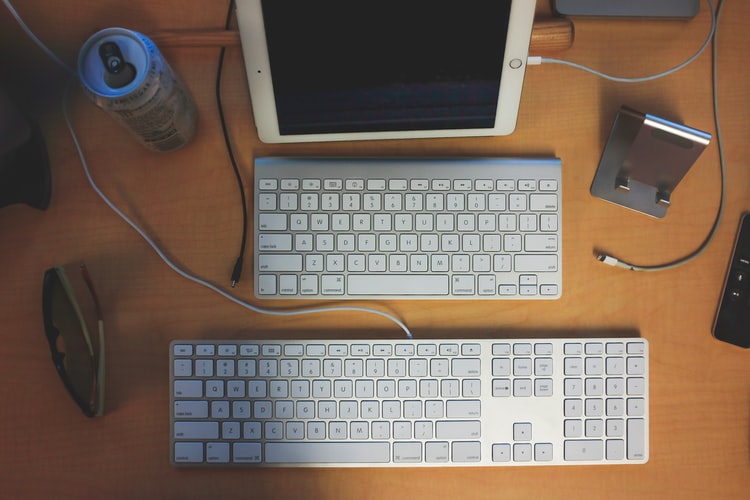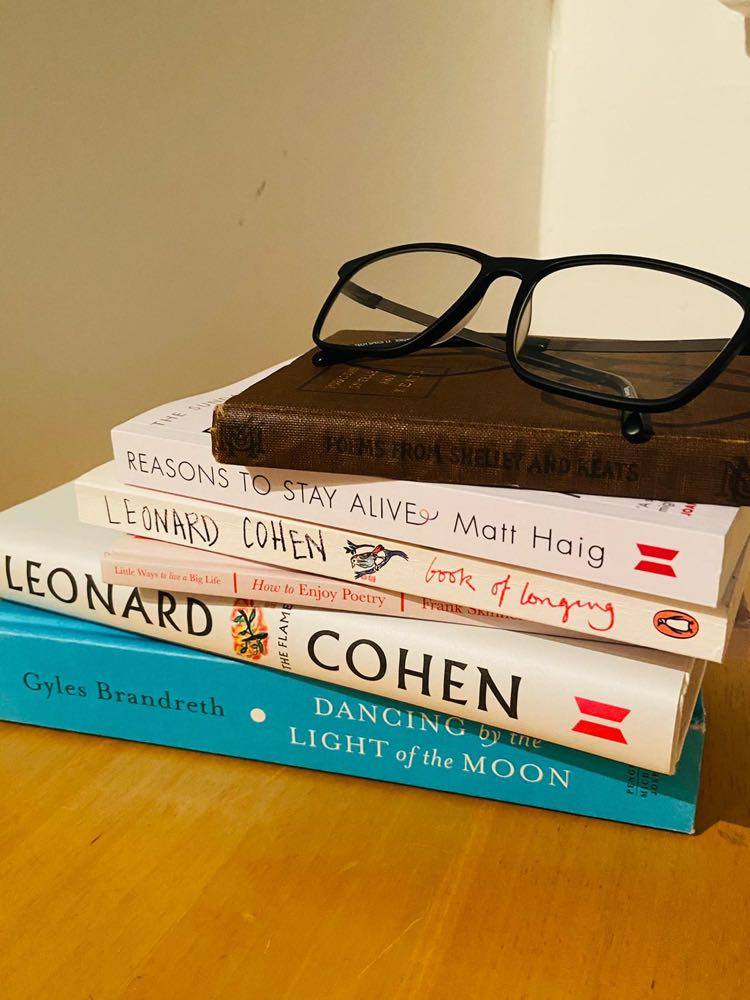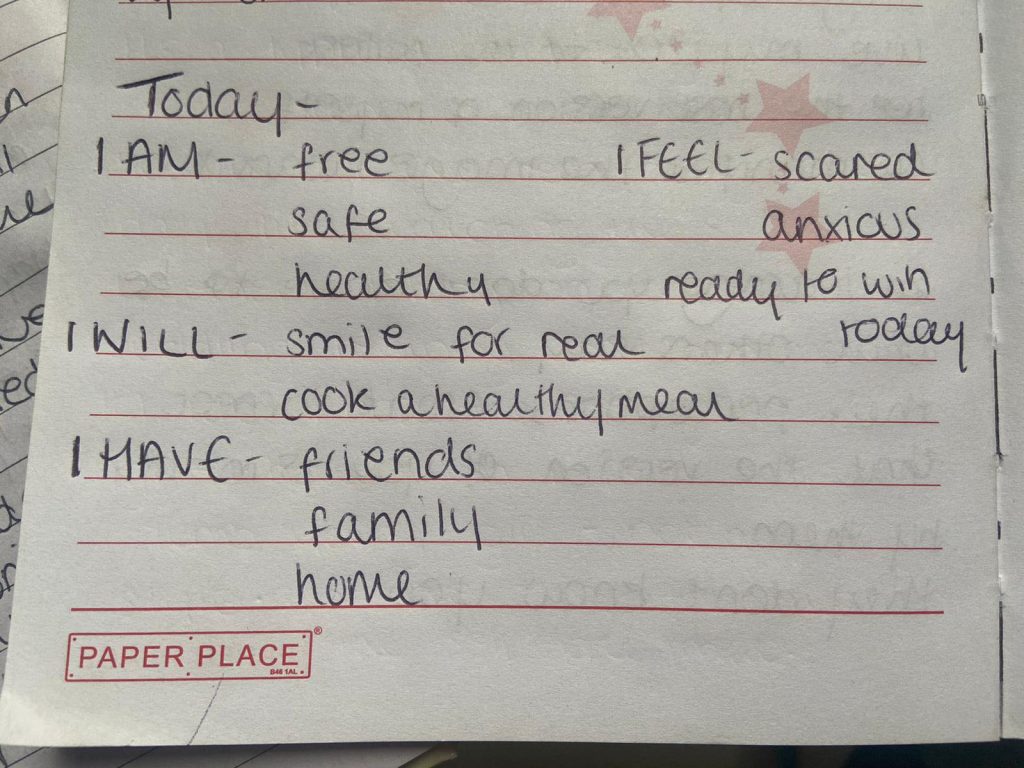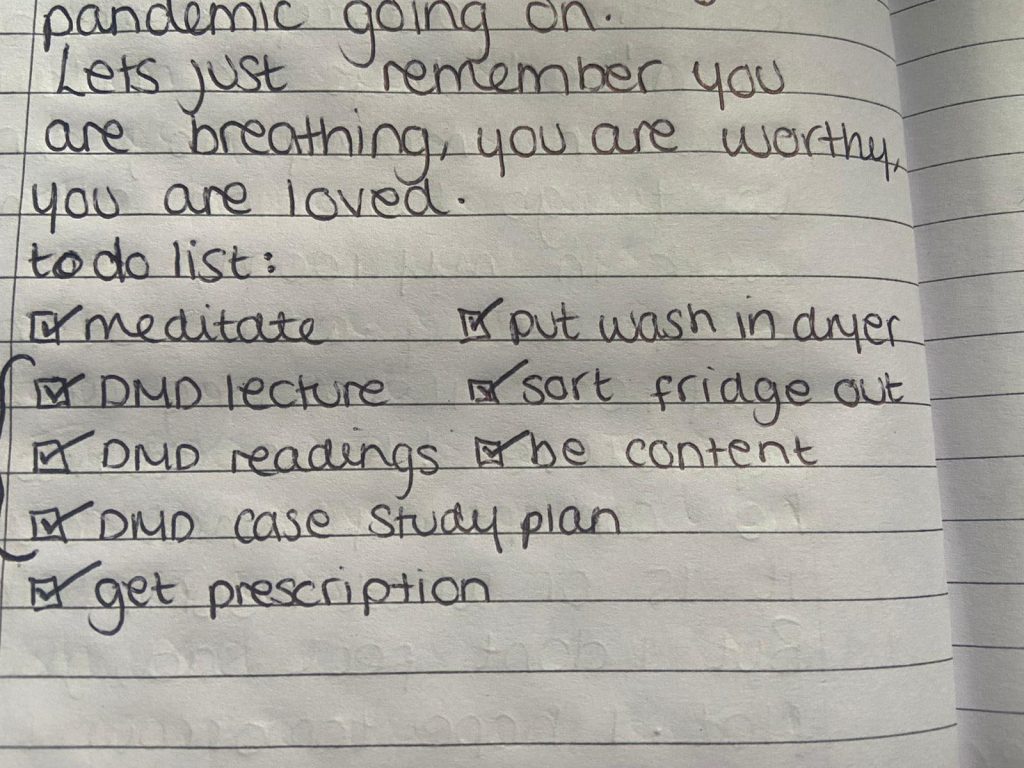Closing the door, carefully checking to make sure no-one is listening, and dialing the phone number of a stranger. This is the process that thousands of people are going through before picking up their phones and listening to the voice of a therapist.
During the third national lockdown, therapy practices have moved online or over the phone, making the process a lot less interactive with no alternative options. Lockdown isn’t the only reason for the increased digitalisation of therapy services. The NHS reported in 2019 that over 300,000 service users were being treated digitally and four to six times as many people being supported by Silvercloud‘s online CBT courses rather than traditional therapy routes.
Hannah Shewan Stevens, 26, Birmingham, said she’s found the process of counselling via the phone to be more effective.
“There’s something about being over the phone that made it more efficient. There wasn’t as much anticipation. When I was in person there was a lot more settling in but on the phone it felt like we were covering a lot more without distractions. Counselling has been a real lifeline throughout the whole pandemic.”
Hannah, who’s had counselling for over a year, said she wants to continue to have digital sessions after the pandemic and acknowledged that phone call counselling removed the anxiety before a session.
“When you’re on your way, you’re thinking about what you’re going to say, whether you’re going to get there on time. You think about having to get sensitive and vulnerable in front of someone who’s essentially a stranger. On the phone I put less barriers up.”
Ellen Wilkinson, chief clinical information officer at Cornwall’s NHS Partnership Trust, now partnered with Silvercloud, agreed that offering over the phone counselling sessions and computerised cognitive behavioural therapy has benefitted more people than she expected.
“The feedback from the video consultation is really positive, with around 90% of participants saying it’s really good and they’d use it again. Some of them will be saying this because of safety in the current climate but a lot of people have come forward saying they feel more comfortable over the phone.”
According to the Office of National Statistics, rates of depression in the UK doubled between 2019-2020. The need for accessibility to digital resources is more important than before, but online services aren’t for everyone, said Ellen.
“I’ve had patients with kids in the room and that might be a very different conversation they have with you, and I hope we don’t ever get to the point where digital video consultations are the only things available.”
Ellen Wilkinson hopes because of lockdown, reaching out for help will be seen as ‘cool’, as she reflected on the popularity of online courses.
“It is empowering to get hold of that stuff for yourself and to address it. It’s so healthy to be fluent, seek help, and talk about these things. Different people will find different things that suit them, for some self-help works and some people need more support.”
With the increase of digital services, self-help apps, websites and mindfulness techniques have also seen a rise in popularity from people trying to tackle their mental health at home. In 2020, the mindfulness app Headspace reached 65 million downloads and Calm took the spot of the top most downloaded wellness app globally.
Harrison Smith, 27, London, is among many who made the decision to install the app Calm to get into a routine, alongside recently starting counselling for the first time in years.
“The first lockdown was helped by the camaraderie that we were in it together. When this one was announced, it felt like I wasn’t going anywhere. As British people, we tend to say we’re ok but sometimes we need someone to vent to. The world’s still dreadful, it’s still going on.”
He spoke about how the app allowed him to take some time to dedicate to himself each day.
“For me, apps don’t solve everything but it offers suggestions. Meditation is an added bonus, it allows you to have quiet time away from work, pressures and the news.”
Alongside meditation, Harrison has found finding inspiration from literature, poetry and writing has helped him through, and talked about the importance of freewriting and journaling.
“We’re so used to censoring ourselves, what we say, journaling about your life. Writing things that you like and doing things for yourself helps. A quote that’s helped me is one by comedian Jason Mansford: ‘Just because you’re struggling, doesn’t mean you’re failing.'”
For Charlotte Davis, 20, Southsea, mindfulness and writing techniques have also complimented her counselling, when her mental health deteriorated more during the pandemic.
“With meditation, it’s helped me create this space in my head that isn’t affected by my anxiety and depression. Space where I can keep my mind rational and I can go and visit it whenever I need to.”
Manifesting realistic goals has been another technique Charlotte has used to stay motivated.
“When I have a depressive episode they can sometimes last weeks even months, not getting out of bed or showering brushing my teeth even. Manifesting little goals for myself and writing these down with positive intentions just works for me.”
“I don’t think I’ll ever stop doing it, even after lockdown. Moving towards meditation and using crystals in day-to-day life have changed how I view my days now. I see them as something to make me mentally stronger rather than something to avoid.”
For Hannah Shewan Stevens, writing was the first step she took to open up about her mental illness. She shared the importance of putting words on paper if you’re struggling with things and don’t know how to say it out loud.
“As cheesy as it is it’s always good to reach out to someone, even through writing. When I was struggling I couldn’t verbalise it so I wrote a letter to my Mum. Sometimes it’s really hard to put how you feel into words, especially if it’s something quite stigmatised, so writing it down makes the process a lot easier.”
If you’re suffering with any of the issues discussed in this article, you can text Shout on 85258 or call Samaritans on 116 123. You can also follow the links in this article to get access to digital courses and apps.




